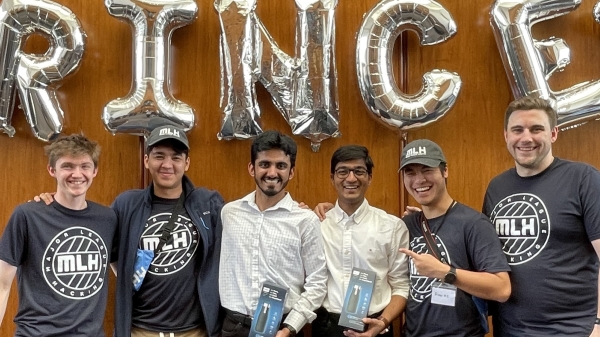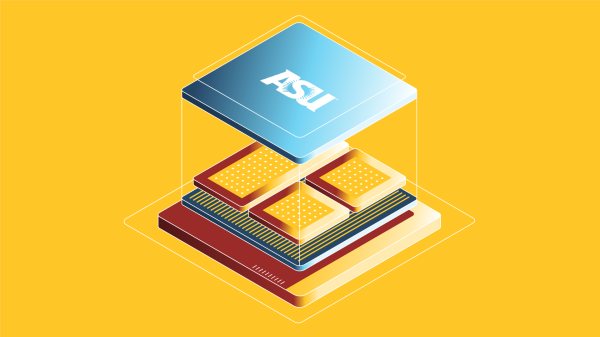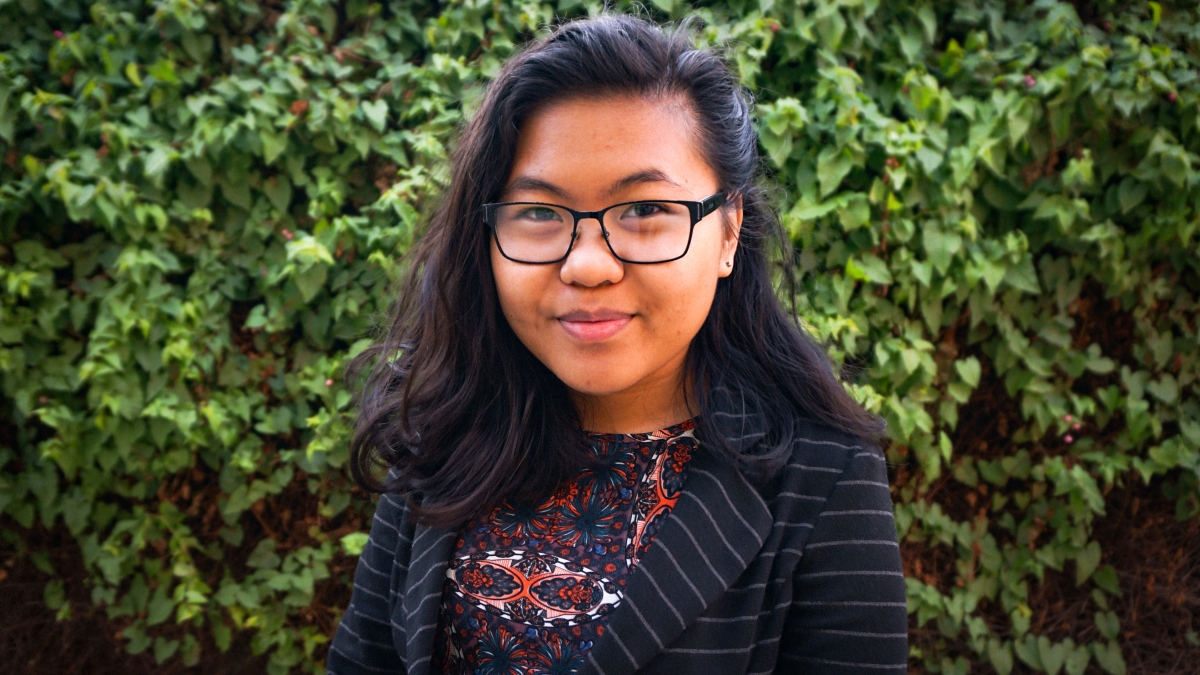Editor’s note: This is part of a series of profiles for fall 2018 commencement. Read about more graduates.
Netanya "Tanya" Quino likes to get into the details of research methods, but she also knows what it’s like to put those methods into practice. Originally from Cebu, Philippines, Quino worked as an AmeriCorps intern in the Sexual Violence Prevention office at Arizona State University because she knew she wanted to conduct research on the topic in the future.
“I was planning on doing research on it someday and figured it was a good place to start,” she said.
Her experience on both sides of the issue and her interest in art gave her invaluable perspective about what goes into programming and events and how to research them.
“There’s a lot of planning for events that go on behind the scenes and little things that go into the big picture that aim to prevent sexual violence,” she said.
In her time at ASU, Quino worked on an app that helped raise awareness of safety planning (myPlan), along with research projects for the Maricopa County Reentry Center, the ASU Attention Control Lab and the ASU School of Social Transformation.
A psychology major and studio art minor, Quino said she eventually wants to get her master’s and then doctoral degree. She talked with ASU Now about what brought her to ASU and how she fell in love with research.
Question: What was your “aha” moment, when you realized you wanted to study the field you majored in?
Answer: "Research Methods" was one of the hardest classes I had to take. We had to write three research papers in one semester, and it was honestly exhausting. But there was something that awakened in me during my time in that class that made me excited to look at the results after we concluded data collection. I realized I was passionate about research and was fascinated with the nuances of human behavior.
Q: What’s something you learned while at ASU — in the classroom or otherwise — that surprised you, that changed your perspective?
A: My time working with the Maricopa Reentry Center and its residents really made me step out of my comfort zone and changed something in me. Much of what the other students and I did was help ex-convicts think of better lives after their sentences were up, many of them in the prison system since their younger years. I was so intimidated when we first started ... you could feel the stigma associated to the title “ex-con.” But by the end of semester, they were so thankful that we visited them every week that they were tearing up. It was so emotional and such a display of vulnerability that we knew in some small way we broke down unspoken walls and barriers that separate us in society.
Q: Why did you choose ASU?
A: It wasn’t too close to home and it wasn’t too far. My friends also went to school here before I started university.
Q: Which professor taught you the most important lesson while at ASU?
A: I had many good professors during my time at ASU, but I have to say Dr. Anne Mauricio and Dr. Karen Leong really helped me as a student. They taught me lot about graduate schools and what to expect. When things seemed bleak or stressful, they were always willing to listen and extend an empathic ear.
Q: What’s the best piece of advice you’d give to those still in school?
A: It doesn’t matter what degree you [pursue]. Make the best of your college experience in any way you can.
Q: What are your plans after graduation?
A: Working until I pay off a significant portion of my student loans and then going to graduate school for my master’s and then doctorate.
Q: If someone gave you $40 million to solve one problem on our planet, what would you tackle?
A: Climate change. No Earth = no living.
Written by Holly Bernstein, Sun Devil Storyteller
More Science and technology

National Humanities Center renews partnership with Lincoln Center for responsible AI research
The National Humanities Center has announced that Arizona State University's Lincoln Center for Applied Ethics is one of four…

ASU student and hackathon enthusiast explores bridge between humanities, technology
While science and the humanities are seemingly two completely different worlds, the truth is they often go hand in hand. Mannan…

Advanced packaging the next big thing in semiconductors — and no, we're not talking about boxes
Microchips are hot. The tiny bits of silicon are integral to 21st-century life because they power the smartphones we rely on,…
